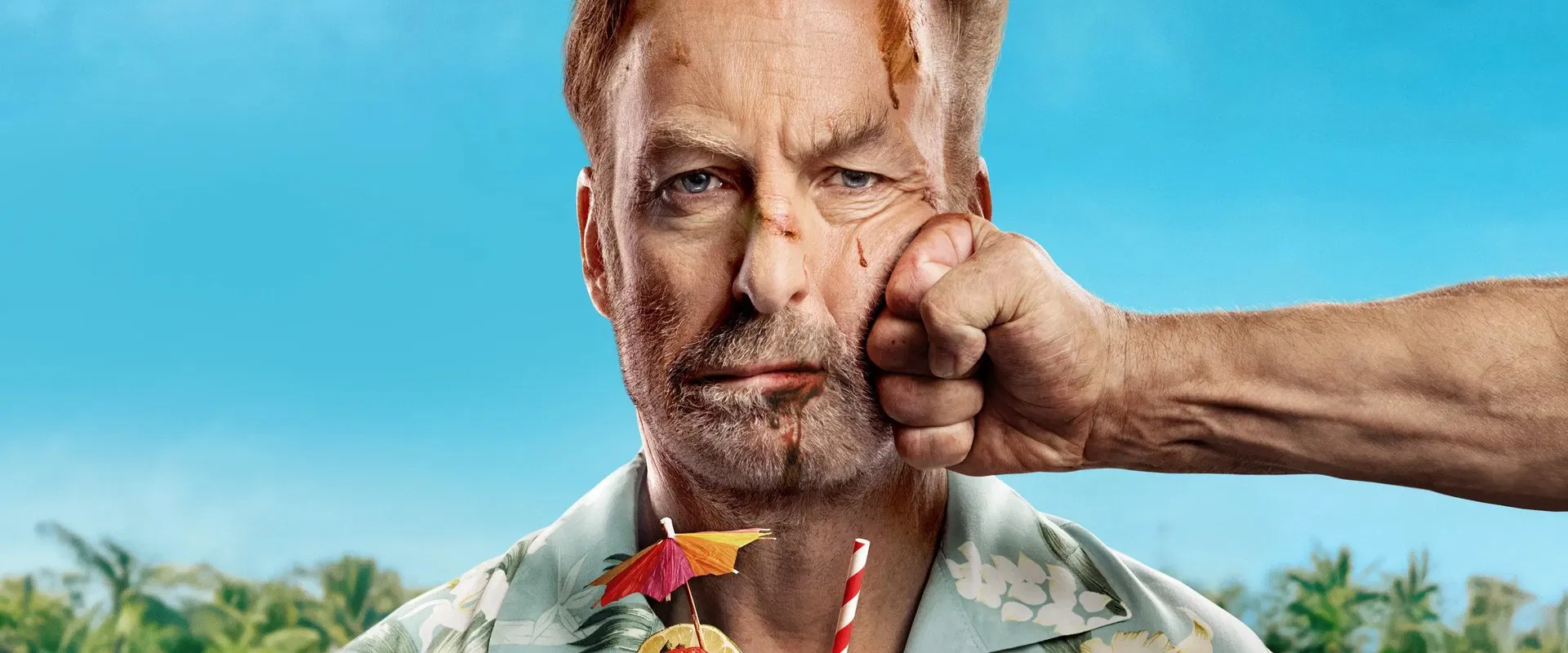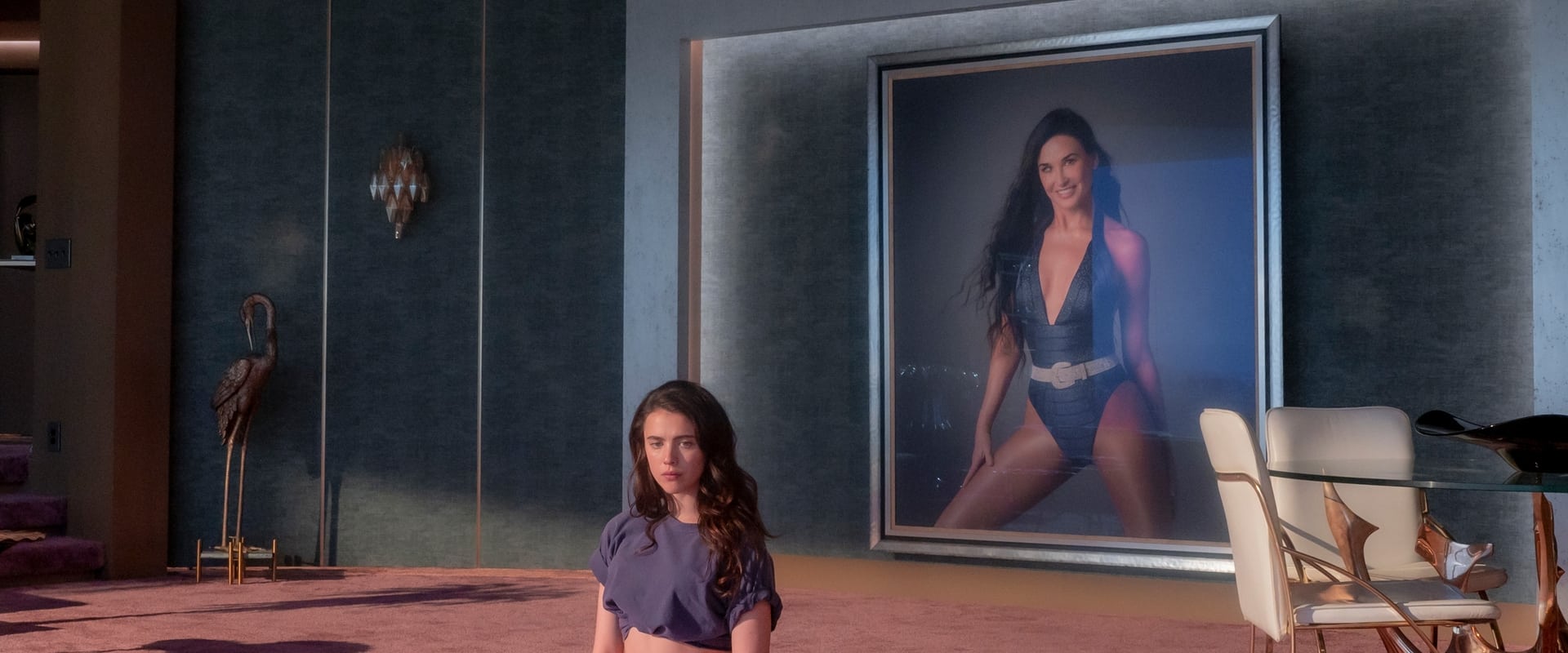The laws of American sequeldom are immutable as gravity: you take your charismatic antihero, shake him like a snow globe, then send him off—presumably wiser, wearier, but fundamentally unchanged—into hostile new territory. Nobody 2 obeys these rules with deadly efficiency and not much else. The novelty, once so sharp, has worn to a familiar, pleasant dullness. What was a gleaming surprise—a middle-aged Bob Odenkirk eviscerating thugs with battered dignity—has become a serviceable franchise, content to satisfy rather than astonish.
Let’s start with the trade-up. Timo Tjahjanto, Indonesian maestro of bone-breaking silat chaos (The Night Comes for Us, The Shadow Strays), steps behind the camera. My hopes—primed by the arterial spray and rhythmic mayhem of his earlier work—anticipated something messy and wild, as if he’d been let loose to scrawl hooligan graffiti on suburban white fences. And while the choreography is reliably kinetic—fights twist and bleed with fast, thudding edits—the script shackles both Tjahjanto and Odenkirk with a dogged sense of déjà vu. It’s Nobody on vacation, a new amusement park backdrop for the same old dance.
This jaunt is doubly disappointing after the delicious tease at the end of the first film—RZA and Christopher Lloyd, guns in tow, driving toward anarchic possibility. Here, those possibilities wither. RZA pops in for stylized support, Lloyd is reduced to a demolition punchline, and that dangling narrative thread lies as limp as a used napkin. The movie earns points for casting Sharon Stone as Lendina, the villain with the world’s silliest sunglasses, but she mugs and cackles as if playing to the empty side of the multiplex—her evil is merely an accent, with the dial twisted well past camp to unintentional parody.
What the film delivers, it delivers competently. Odenkirk—miraculous in the original, still surprisingly apt—grimaces and punches, toggling between dogged weariness (“Mr. Nobody” as everyman Atlas, world on his shoulders) and gleeful ultraviolence. There’s family drama, briskly telegraphed (“generational trauma” is offered up like a store-brand subtext), and just enough idle downtime—a boardwalk stroll, a squabble at the arcade—to witness chaos undulate beneath vacation boredom. Connie Nielsen smolders, Colin Hanks is eager as a greasy cop, and when violence comes, it is propulsive: a boat fight crackling with Tjahjanto’s signature mayhem, a ticking warehouse explosion, eventual booby-traps and grandpa gags scored to Celine Dion. There’s style packaged in fast cuts and comic wounds, but the big brawls feel less like the work of a hungry new talent and more like the work of a studio’s second helping.
The moral universe of Nobody 2 has not deepened. As in the first, we’re invited to marvel at Odenkirk’s sad-eyed proficiency and wince at the casual cruelty of the world around him. But the plot—as constructed by Derek Kolstad and Aaron Rabin—plays like a Mad Libs version of Nobody, all the nouns and verbs swapped for local color but the structure precisely the same. The thrill comes less from unexpected turns (they’re largely absent) and more from ticking off the requirements: bad dad, badder boss, redemptive family catharsis, world reset.
What’s uniquely dispiriting is how the movie telegraphs that it knows it's a copy—there’s no shame, but also no ambition to be more. The amusement park finale, with Sharon Stone going out not with a bang but a tranquilizer dart, is the kind of finale that leaves one wishing you could reach back in time and recapture the sweaty, spry electricity of the first. The film’s high point is orchestrated not by gunfire but by the sheer oddity of Lloyd detonating the park to the chorus of “The Power of Love.” It’s a winking, self-referential, and maddeningly safe gesture—the kind of thing far better films might build into delirium, not just a punchline.
In the end, Nobody 2 is a good-enough ride, a “fun action movie” if you set your sights at eye-level and let the bruises and broken glass flow over you. But as the credits roll, you may find yourself searching for the point—the thing that made Nobody special, the revelation that lies dormant whenever a franchise is content simply to be itself, forever. Tjahjanto’s talent flickers, Odenkirk’s charisma sustains, but nobody here dares be more than what’s expected. Or, as the film itself might say: wherever you go, there you are—doing it all over again, only louder.


